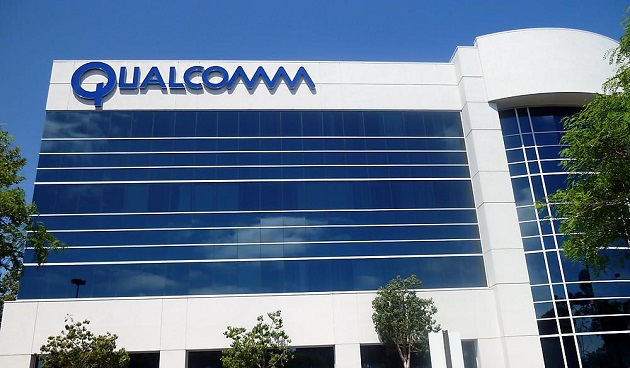Qualcomm’s board of directors unanimously rejected a sweetened acquisition proposal worth $121 billion from Broadcom, saying it undervalues Qualcomm and would not adequately compensate Qualcomm in the event that the deal was struck down by regulators.
Qualcomm’s board, however, offered to meet with Broadcom CEO Hock Tan and other representatives to discuss the proposal.
In a letter to Tan, Qualcomm Chairman Paul Jacobs argued that Qualcomm’s business model would put the company’s customer and licensee revenue at risk in the period between signing a deal with Broadcom and closing. If Qualcomm agreed to be acquired by Broadcom and the deal failed to close after extended regulatory review, Qualcomm would be enormously and irreparably damaged,” Jacobs wrote.
“If you are not willing to agree to do whatever is necessary to ensure a transaction closes, we will need you to be extremely clear and specific about exactly what actions you would refuse to take, so that we can properly evaluate the risk to Qualcomm’s shareholders,” he added.
Jacobs’ letter also maintains that the $121 billion offer for Qualcomm significantly undervalues the company and ascribes no accretive value for Qualcomm’s pending acquisition of NXP Semiconductors or the opportunity offered by the move to 5G cellular technology.
Qualcomm’s board unanimously rejected Broadcom’s original offer, worth about $105 billion, last November. Broadcom then launched a hostile takeover attempt for Qualcomm and nominated a slate of directors to Qualcomm’s board. Qualcomm shareholders are set to vote for directors at the company’s annual stockholder meeting next month.
Broadcom earlier this week upped the ante for Qualcomm, calling the $121 billion bid its “best and final” offer for Qualcomm. In a presentation on its website, Broadcom criticized the performance of Qualcomm’s management, saying Qualcomm’s “business model has been broken for a long time” and that the company’s stock has significantly underperformed peers. Broadcom also said that Qualcomm failed to monetize leadership in 4G technology and suggested that the looming transition to 5G would be no different.








